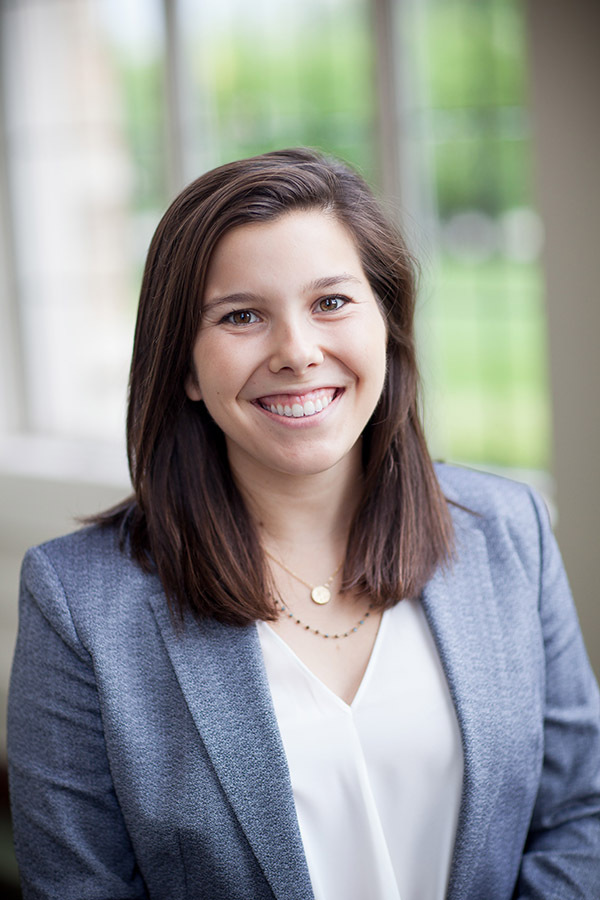
Enlighten Mobility, founded by ESTEEM student Marissa Koscielski, is a medical device company that is a catalyst for patient empowerment through rehabilitation. The Enlight Walker, the first of many products for Enlighten Mobility, is a walker for amputees. Koscielski’s inspiration stemmed from her own paralysis at age 16. In order to help herself gain mobility and have a normal walking pattern, Koscielski decided to build her own walker. Her need to create this walker and feedback from medical personnel led to the discovery that there was not sufficient equipment for amputees and paraplegics to complete rehabilitation and regain both physical and mental strength.
Koscielski’s walker is a product that she has designed and is commercializing through ESTEEM’s capstone thesis with help from the IDEA Center. This project has formed collaborations with Koscielski and Ohio State, Mayo Clinic, and the University of Michigan. She also recruited two engineers and an MBA student from the University of Notre Dame to her with the technology and commercialization of the walker, especially in preparation for the McCloskey Business Competition.
Due to Koscielski’s passion for the project, she often wishes certain processes were quicker, for example being FDA approved. However, she is kept busy fine tuning many small details that have a huge impact on how the walker works and how it affects patients.
Through ESTEEM’s leadership training, Koscielski has been able to reflect on what values she has and how to instill these values into her company. “I came to Notre Dame because I wanted my education to be service to justice,” claims Koscielski, “ESTEEM provided a platform for this to happen.”
“I value personal health and well-being. I want to help people who are in a compromised situation obtain a better quality of life as well as prevent worse health for them in the future,” states Koscielski on her vision for her product. She also wishes to, “challenge the status quo around amputation rehabilitation and empower patients both physically and psychologically.”
If Koscielski could give herself advice when she was beginning this journey, she would remind herself to “fail fast, do not be afraid of the process, and get to know the people you are impacting. You have the science and the resources, now find your purpose within that.”
Originally published by at esteem.nd.edu on February 01, 2018.